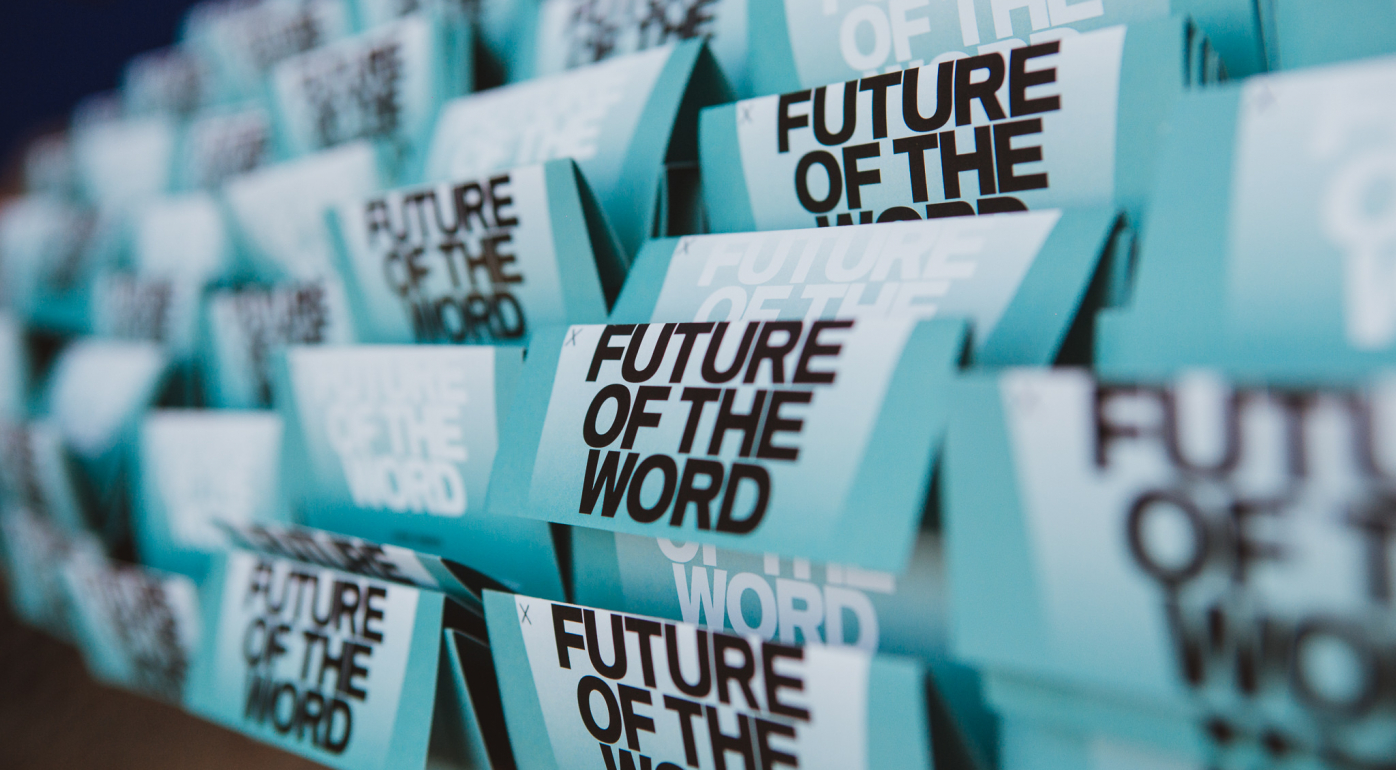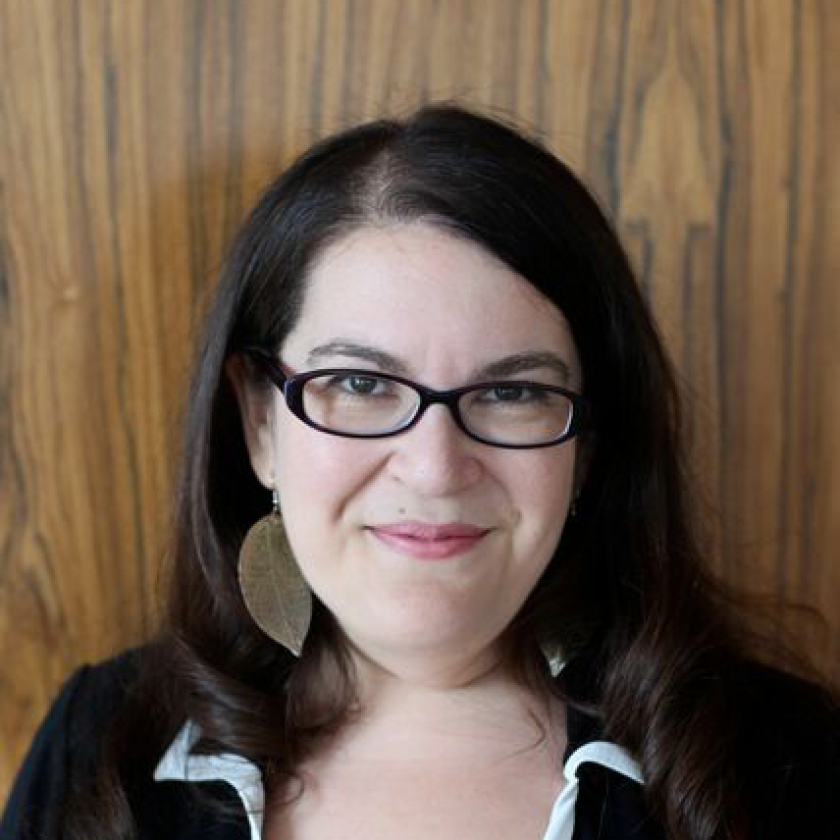As part of the UK-Russia Year of Language and Literature on 2-4 June 2016, the British Council, in partnership with the Strelka Institute for Media, Architecture and Design, held a 3-day Future of the Word Forum, devoted to new perspectives on reading culture, the publishing industry and creative literary process in the UK and Russia. The Forum included a wide-ranging Language and Literature think tank, an extensive public programme of talks and evening film screenings. Here, we share talks by Naomi Alderman and James Bridle. Watch some of the events below.
How to get people to write fanfic of your videogame?
By Naomi Alderman
http://youtu.be/jgDsjn0gjeE?list=PLNsDweqjOJBBV4lnduPxT1rvbht4-4zUN
What makes a story 'successful'? Is it in the amount of revenue it generates, the number of copies or tickets sold? Or is it something much deeper - whether it lives in the minds and thoughts of those who have seen it, whether it becomes unforgettable, whether the story has created a world that we can't bear to leave? In this talk, British author Naomi Alderman suggests that - for her at least - the creation of 'fan fiction' and fan art is one marker of success.
Naomi Alderman is a novelist, broadcaster and videogame designer. Her novels, which include Disobedience and The Liars’ Gospel, have been translated into 10 languages and have won numerous awards.
The House of Wisdom, The Library of Babel
By James Bridle
http://youtu.be/S0D8nKtr9jo?list=PLNsDweqjOJBBV4lnduPxT1rvbht4-4zUN
Technology is often cast as the enemy of literature, but our digital world, from computer code to the internet, is made out of words. Our books, which have seemed so stable for so long, are migrating into the network, as we develop a new shared language with the machines. And all of this is what the words want, and what we have always wanted for them. In fact, the history of books and literature might just be the best guide to understanding the complex, networked work we find ourselves in today.
James Bridle is a British artist and writer based in Athens, Greece. His artworks have been commissioned by galleries and institutions and exhibited worldwide and on the internet. His writing on literature, culture and networks has appeared in magazines and newspapers including Wired, Domus, Cabinet, the Atlantic, the New Statesman, the Guardian, the Observer and many others, in print and online. He lectures regularly at conferences, universities, and other events.
Read the Tretyakov Project blog here


